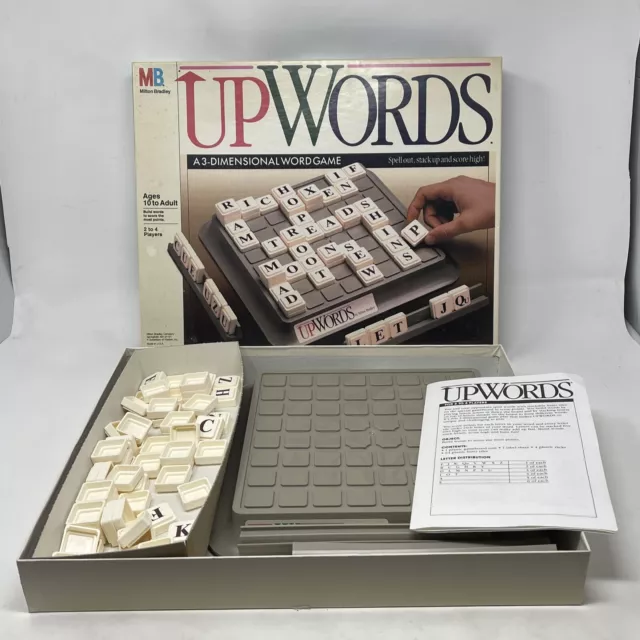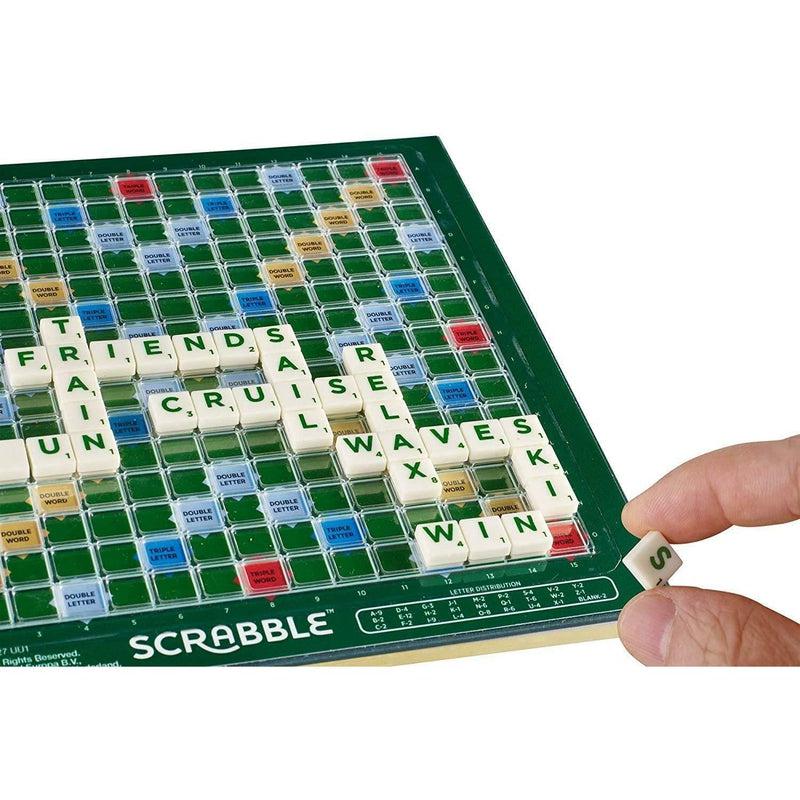I. Introduction
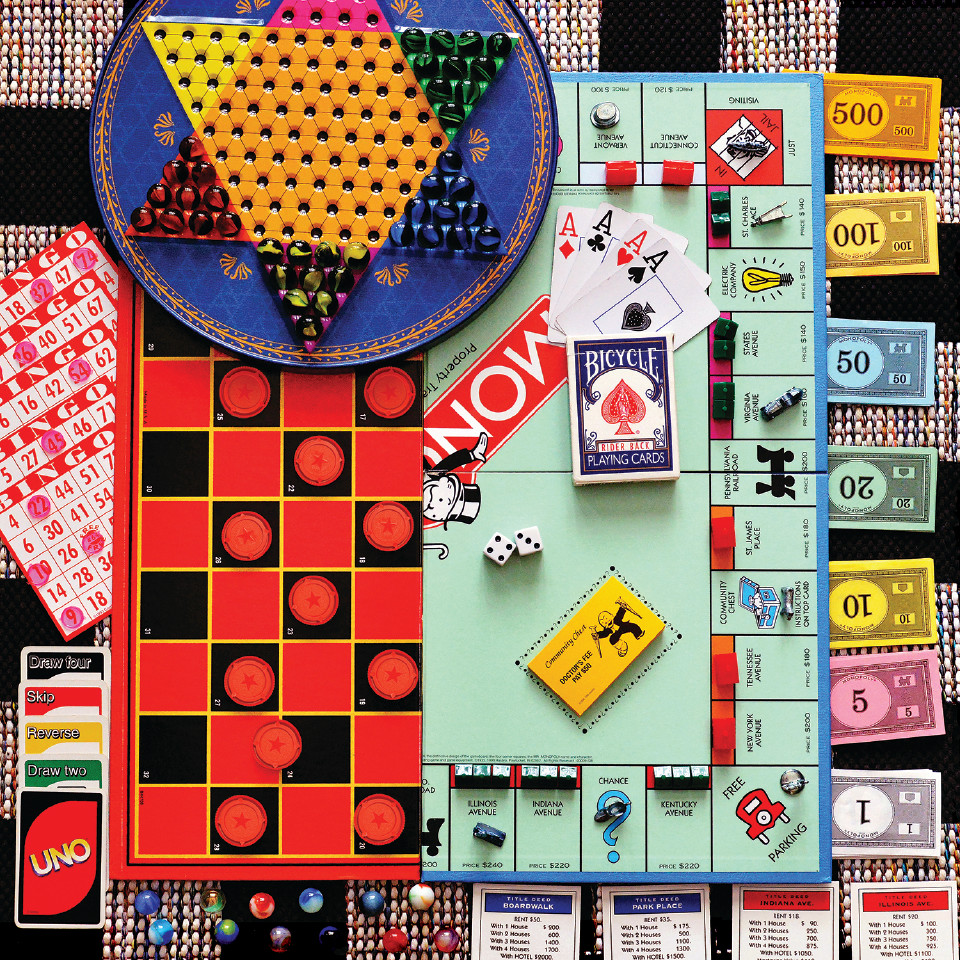
A. Definition of board games with one-word titles
Board games with one-word titles refer to tabletop games that are identified by a single word as their name. These games often encompass various genres, mechanics, and themes, providing a diverse array of options for players.
B. Importance and popularity of these games in the board game community
Single word board games have gained significant importance and popularity within the board game community. They have become a cornerstone of many gaming collections, attracting both casual and avid players. Their accessibility and simplicity make them appealing to players of all ages and skill levels.
II. Engaging Gameplay and Unique Themes
A. Intriguing mechanics in single-word titled board games
- Strategy-focused games
Many board games with one-word titles are known for their strategic gameplay. These games require players to think strategically and make calculated moves to outwit their opponents. Examples of strategy-focused games include “Risk,” “Scythe,” and “Catan.”
- Resource management games
Board games with one-word titles often incorporate resource management mechanics, challenging players to allocate and utilize resources efficiently. These games simulate real-world scenarios, where players must manage limited resources to achieve their objectives. Notable resource management games include “Agricola,” “Terraforming Mars,” and “Splendor.”
- Cooperative vs. competitive gameplay
Some single-word titled board games offer players the choice between cooperative and competitive gameplay. Cooperative games promote teamwork and collaboration, requiring players to work together to overcome challenges. Competitive games, on the other hand, foster healthy competition and strategic thinking, pitting players against each other. “Pandemic” and “Monopoly” are examples of cooperative and competitive games, respectively.
B. Exploring diverse and captivating themes
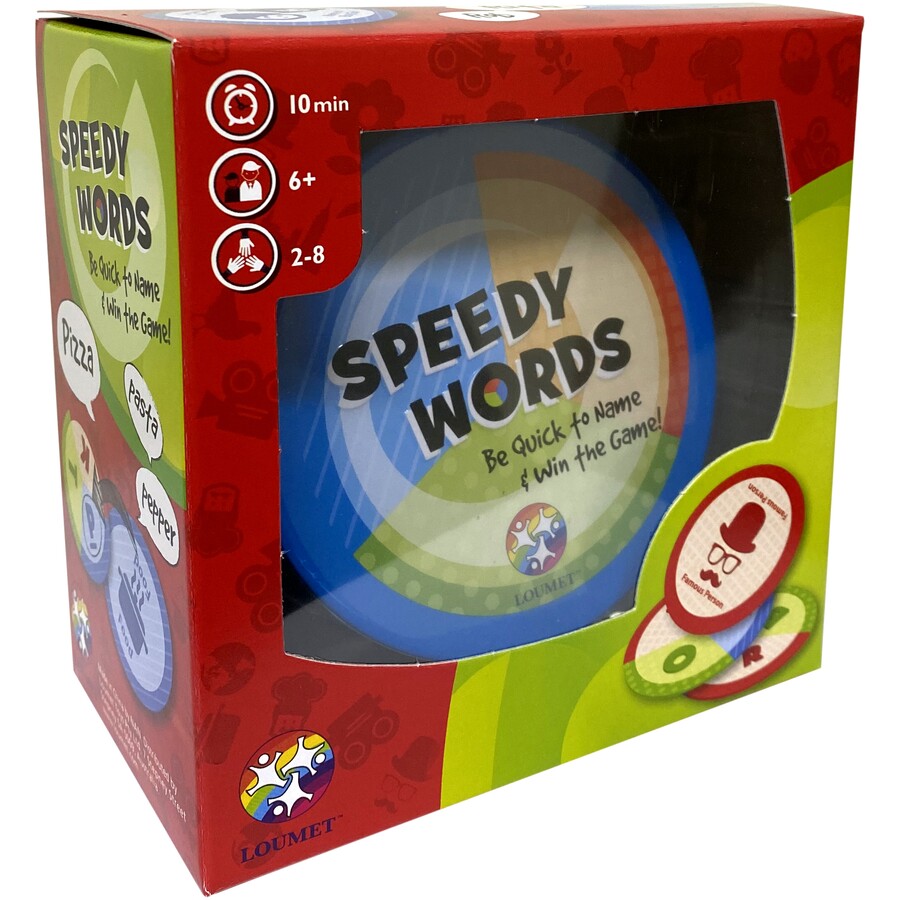
- Fantasy and adventure themes
Many single-word titled board games explore captivating fantasy and adventure themes. These games transport players to imaginative worlds filled with mythical creatures, epic quests, and magical landscapes. Examples of fantasy-themed games include “Dungeons & Dragons,” “Mage Knight,” and “Talisman.”
- Abstract and minimalist themes
Some board games with one-word titles embrace abstract and minimalist themes, focusing on simplicity and elegance. These games often prioritize gameplay mechanics and strategic thinking over intricate narratives. “Azul,” “Santorini,” and “Blokus” are popular examples of board games with abstract and minimalist themes.
- Sci-fi and futuristic settings
Several single-word titled board games delve into sci-fi and futuristic settings, presenting players with technological advancements, space exploration, and dystopian societies. These games offer a unique blend of imagination and scientific speculation. Notable sci-fi themed games include “Twilight Imperium,” “Android,” and “Eclipse.”
III. Psychological Impact and Intellectual Stimulation
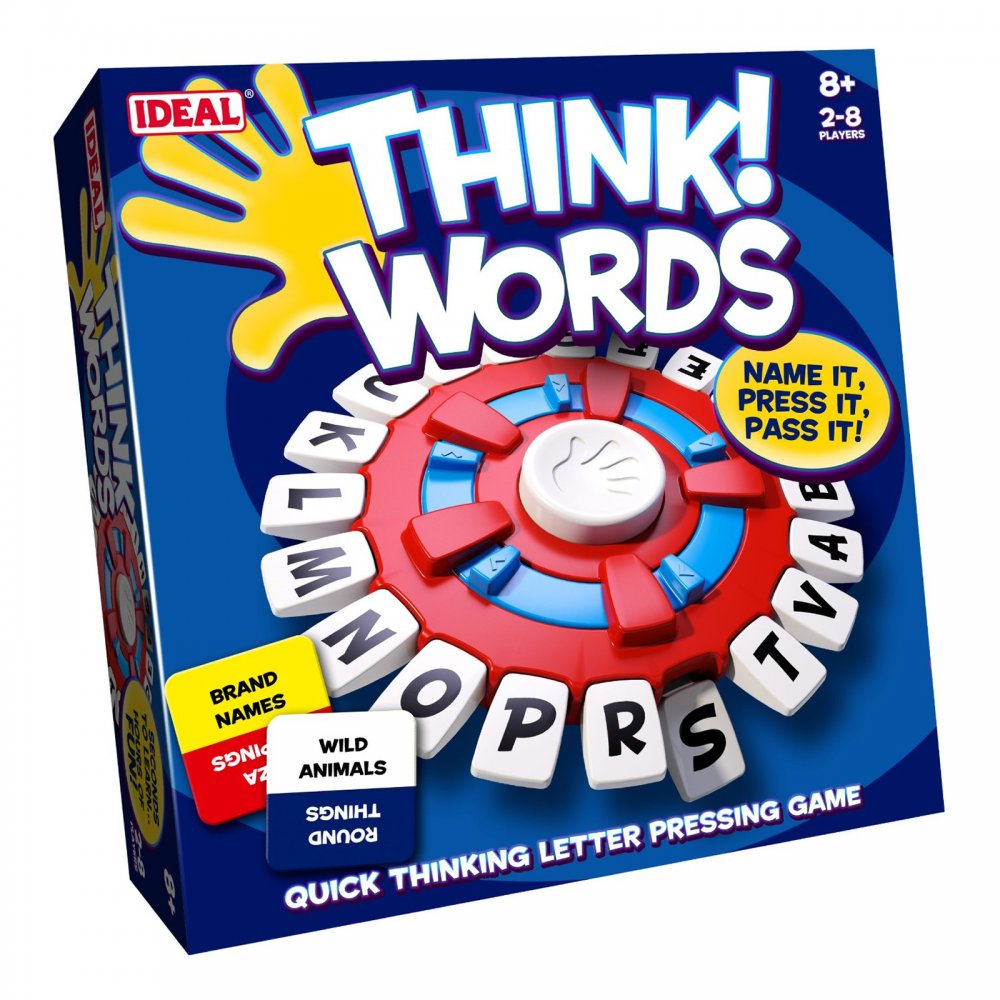
A. Enhancing critical thinking
- Analyzing game dynamics and options
Board games with one-word titles require players to analyze game dynamics and evaluate their available options. This process enhances critical thinking and decision-making skills, as players strategize and adapt to changing game conditions.
- Developing logical reasoning and pattern recognition
Many single-word titled board games foster logical reasoning and pattern recognition skills. These games often present players with complex puzzles or patterns, challenging them to identify and exploit logical connections to gain an advantage.
- Making informed choices with limited resources
Resource management games found among board games with one-word titles cultivate the ability to make informed choices with limited resources. This skill encourages players to consider opportunity costs, make strategic trade-offs, and assess risk-reward scenarios.
B. Stimulating creativity and fostering imagination
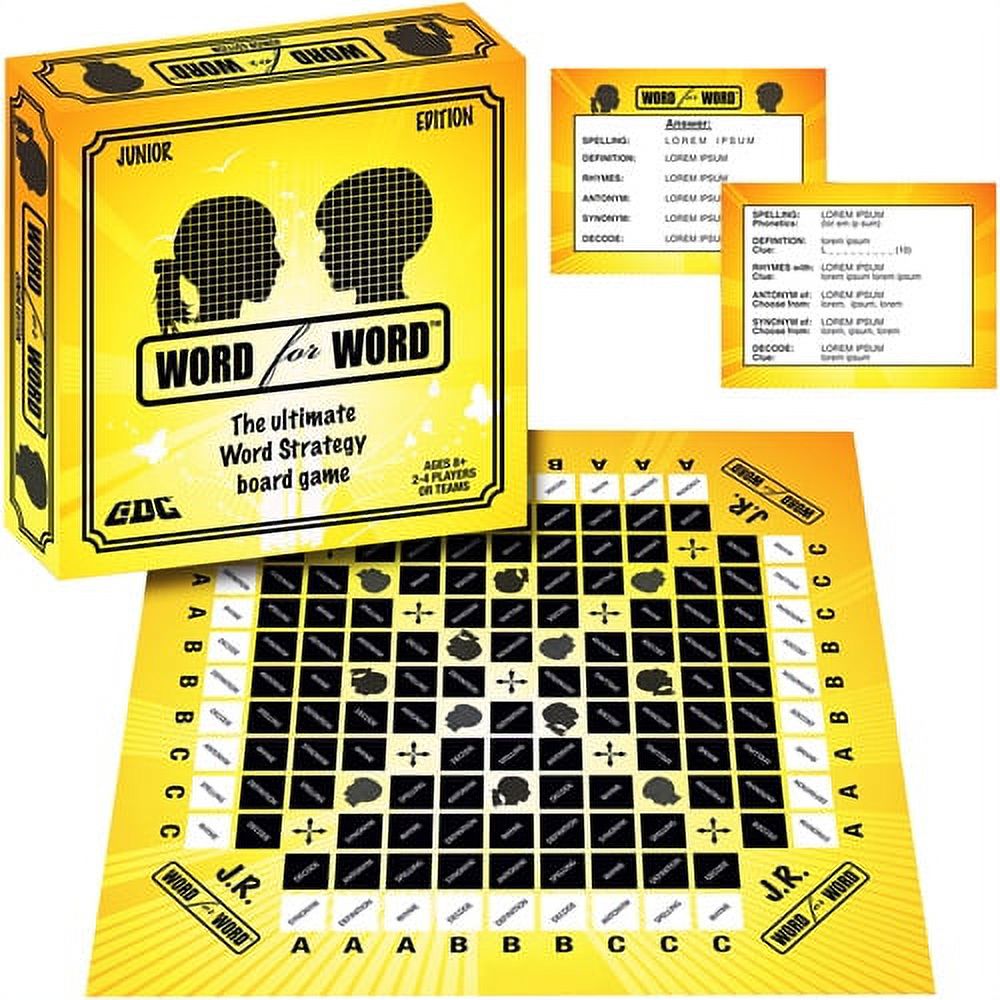
-
Encouraging innovative strategies and unique problem-solving approaches
Board games with one-word titles often inspire players to think outside the box and devise innovative strategies. Through experimentation and exploration, players can unleash their creativity and discover unique solutions to in-game challenges.
-
Inspiring narrative creation and storytelling
Fantasy-themed single-word titled board games foster the art of storytelling. These games encourage players to develop narratives around their characters, quests, and actions, stimulating their creativity and imagination.
-
Sparking imaginative thinking and world-building
Sci-fi and futuristic board games in the one-word title category spark imaginative thinking and world-building. The futuristic settings and technologies depicted in these games ignite players’ imaginations, allowing them to envision and create intricate sci-fi universes.
IV. Social and Community Aspect
-
Facilitating cooperation, teamwork, and friendly competition
Board games with one-word titles play a significant role in strengthening social bonds and fostering connections among players. These games often require collaboration, coordination, and strategic planning, encouraging players to work together towards a common goal. Whether it’s a cooperative game where players must unite to overcome challenges or a competitive game that brings out friendly rivalries, these board games create opportunities for social interaction and team building. The shared experience of playing and the ensuing discussions and debates during gameplay contribute to a sense of camaraderie and connectedness among players.
-
Promoting face-to-face interactions and communication
In an era dominated by digital communication, one-word titled board games offer a refreshing escape by promoting face-to-face interactions and communication. These games provide a physical platform for players to gather around a table, engage in meaningful conversations, and observe each other’s reactions and expressions. Through verbal and non-verbal communication, players can negotiate, strategize, and make decisions together, deepening their interpersonal connections.
B. Creating inclusive and accessible spaces for all
-
Breaking down barriers and engaging diverse communities
One-word titled board games have the power to break down barriers and engage diverse communities. These games often have simple rule sets and mechanics, making them accessible to players of all ages and skill levels. By removing complex rulebooks or overwhelming components, these board games create an inclusive environment where anyone can participate and enjoy the gameplay experience. This inclusivity promotes diversity and encourages individuals from different backgrounds to come together and share their love for board games.
-
Building bridges across different age groups and backgrounds
Board games with single-word titles act as a bridge that connects people from different age groups and backgrounds. These games provide an avenue for intergenerational interactions, allowing parents, grandparents, and children to bond over a shared activity. The simple mechanics and universal themes of these games make them engaging and enjoyable for players of different generations. Furthermore, one-word titled board games transcend cultural boundaries, providing a common ground for individuals from diverse backgrounds to come together and engage in meaningful cultural exchanges. Through play, these games facilitate understanding, empathy, and appreciation for different perspectives and traditions.
Ⅴ.Gameplay Ideas For Single Word Board Games
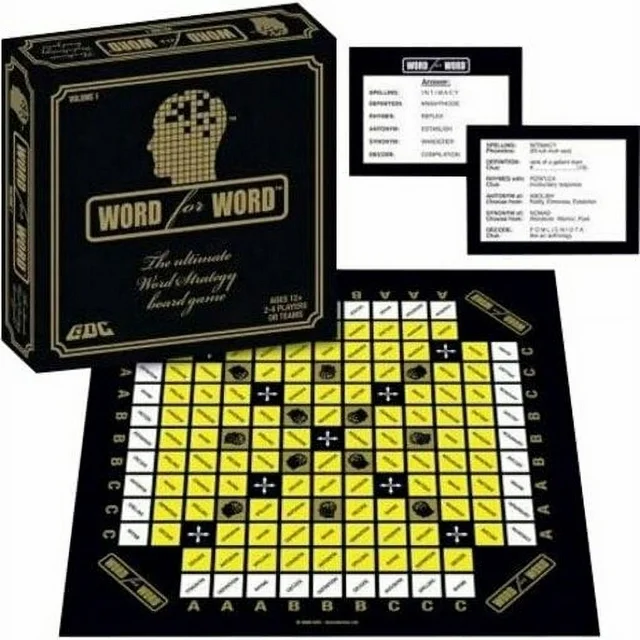
- Word Building Game:
Players take turns selecting letters from a pool of letters and use them to construct a valid word. You can have a letter grid or word grid to limit the number of letters used. The game can be timed or played in turns, or until all the letters are used. The winner is determined by checking the validity and spelling of each player’s words. - Spelling Bee Contest:
Participants are given a set amount of time to find as many words as possible. This can involve finding words in a given letter grid or word grid, or finding words related to a specific theme. Players need to find and record as many words as possible within the given time frame. The winner is determined by counting the number of words found by each player. - Word Chain:
Players take turns providing a word, and the next player needs to find a new word that starts with the last letter of the previous word. For example, if the first player says “cat,” the next player can say “tree,” and then the next player can say “elephant,” and so on. Players need to pay attention to the last letter of the previous word in order to construct a valid new word. When a player is unable to provide a suitable word, they are eliminated, and the game continues until only one player remains.
Ⅵ.Future Development of Single Word Board Games
- Integration of Technology:
With the advancement of technology, there is an opportunity to integrate digital components into single word board games. This can include interactive game boards, mobile applications, or online platforms that enhance gameplay, provide word suggestions, or enable multiplayer modes. Digital enhancements can add an extra layer of excitement and convenience to these games. - Artificial Intelligence Assistance:
AI-powered game assistants can be developed to provide real-time feedback, challenges, and personalized word suggestions during gameplay. Players can compete against AI opponents of varying difficulty levels, improving their skills and expanding their vocabulary in the process. AI assistance can also track individual progress, provide learning resources, and offer customized gameplay experiences. - Collaborative Word Games:
Future single word board games can introduce collaborative elements where players work together to solve word puzzles or achieve shared goals. This cooperative gameplay can foster teamwork, communication, and creativity, making the games more engaging and social. - Gamification and Learning Elements:
Single word board games have educational potential, and future development can focus on incorporating specific learning objectives or educational content. This can include games designed to enhance spelling, vocabulary, or linguistic skills by incorporating word challenges, quizzes, and strategic elements aligned with educational standards.
Conclusion
In conclusion, The year 2024 has seen a significant rise in the trend of board games with one word titles.Board games with one-word titles go beyond entertaining gameplay. They have a profound impact on social connections, fostering cooperation, communication, and inclusivity. Additionally, their influence on the board game industry is significant, with market success and recognition leading to streamlined game mechanics and minimalist design choices. Thus, these games continue to shape and enhance the board game landscape, offering accessible and engaging experiences for players of all ages and backgrounds.
